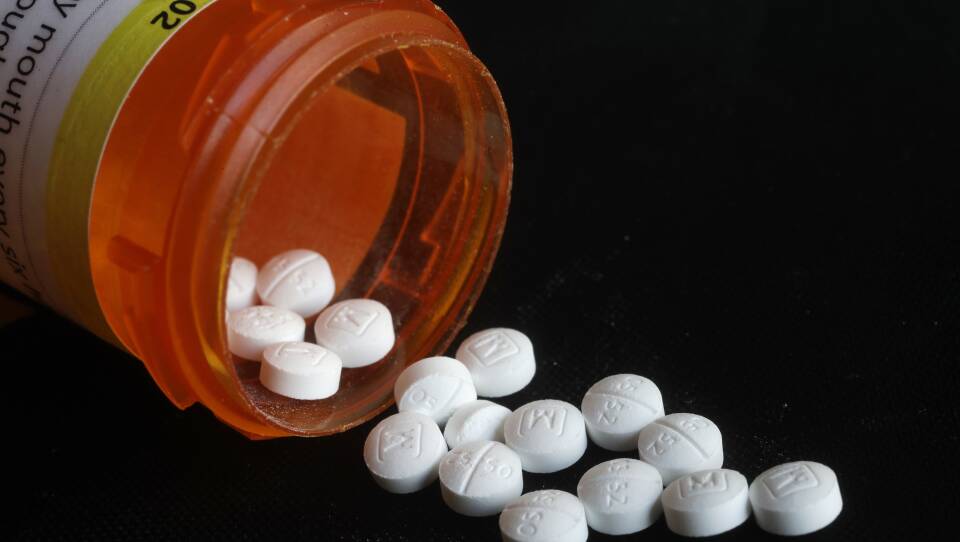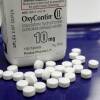Updated at 5:05 p.m.
State health officials say overall the number of opioid overdose deaths last year was up nearly 9% compared to 2020, reaching a new high. That's according to the latest data released Wednesday from the state's biannual opioid report.
The report shows 2,290 total confirmed and estimated opioid-related overdose deaths in Massachusetts in 2021, 185 more deaths than 2020. While Public Health Commissioner Margret Cooke pointed out that Massachusetts' increase is significantly lower than national trends, with a nationwide 15% spike in overdose deaths last year, the high death count worries her.
“It is problematic for Massachusetts and our country,” she said.
In a virtual meeting Wednesday, the State Public Health Council reviewed the latest overdose data. It showed overdose deaths were far more common among certain different demographics and geographical areas: nearly three-quarters of the deaths were men.
For the first time, Cooke said, the state is tracking opioid deaths among American Indian and other Indigenous residents. While the death toll for Indigenous populations is low, their death rate is three times higher than the state average — and higher than any other racial or ethnic group in Massachusetts.
She said some good news is that, so far, this year's death toll is down 4% percent compared to the same period in 2021.
Still, Deirdre Calvert, director of the Department of Public Health’s Bureau of Substance Addiction Services, pointed out that 2022 data show there are no counties with a notable decline in deaths — and a few have had significant increases, including Franklin, Hampshire and Middlesex.
"These are very sobering and devastating statistics," Calvert said.
In rural areas, treatment access is more difficult. Calvert said the state is working with geographically isolated counties to increase access to mobile treatment.
"There's not readily available transportation and it's harder to get to the services," she said.
Calvert and officials attributed the spike in opioid overdose deaths to the pandemic and social isolation.
“Today’s report underscores the harmful impact that the COVID-19 pandemic and the scourge of fentanyl have had on those struggling with addiction,” Gov. Charlie Baker said in a statement, “and we are committed to continuing our work with the Legislature and our colleagues in the addiction and recovery community to boost access to services and treatment."
“We need to continue to work and be better at community engagement, especially with communities of color,” Blondet said. “Stigma still plays a large part in accessing treatment.”
This story was updated to correct an attribution. Deirdre Calvert spoke about county-specific data and mobile treatment options, not Lissette Blondet.








